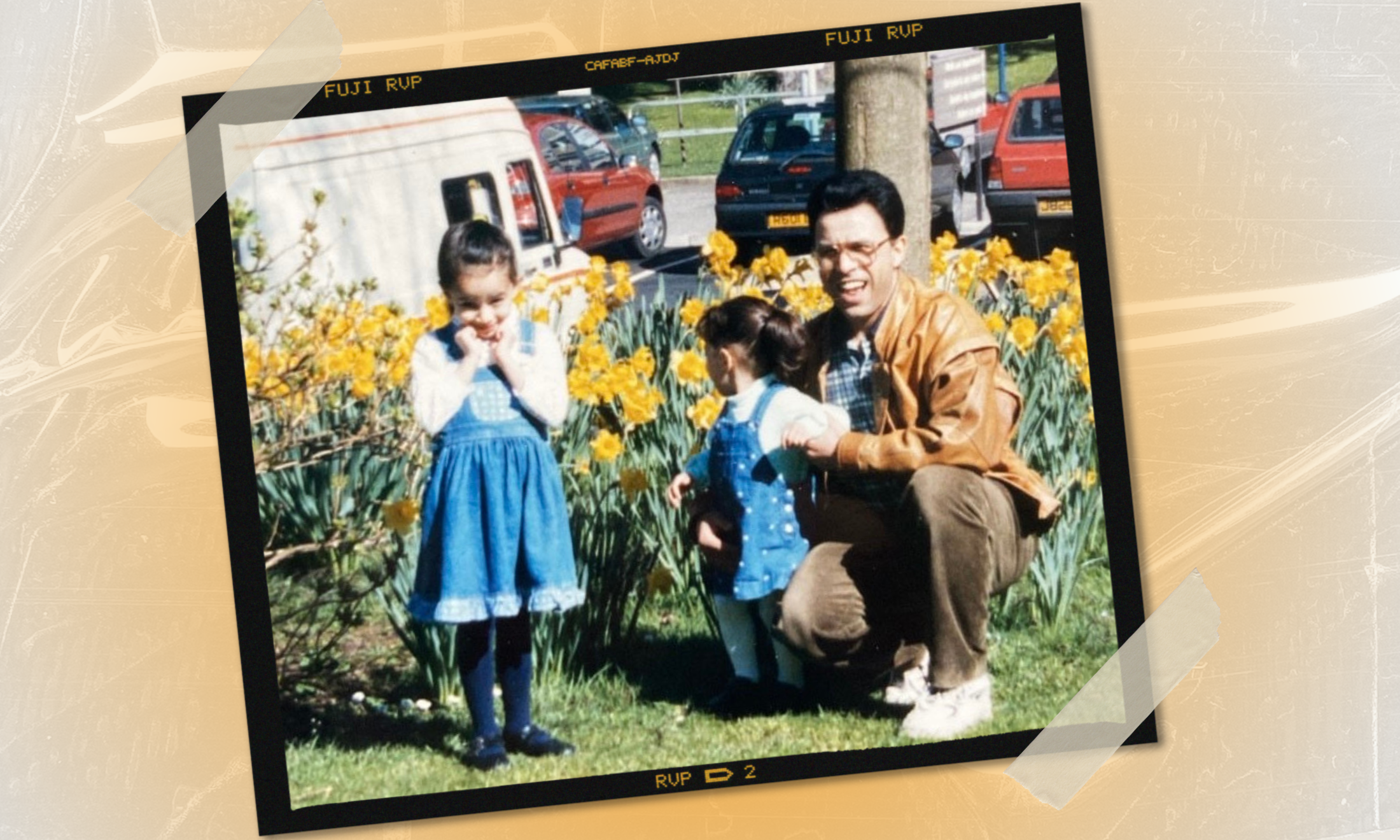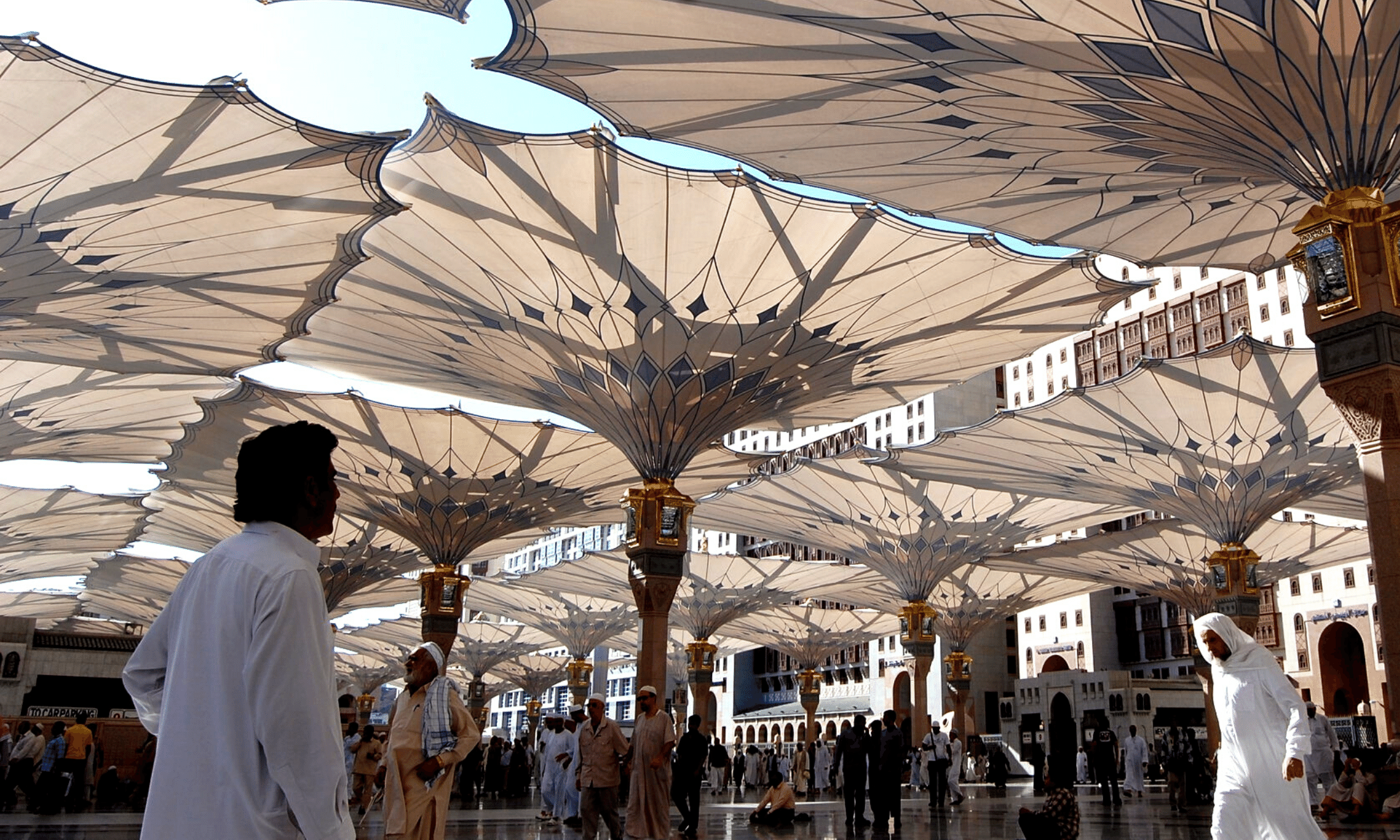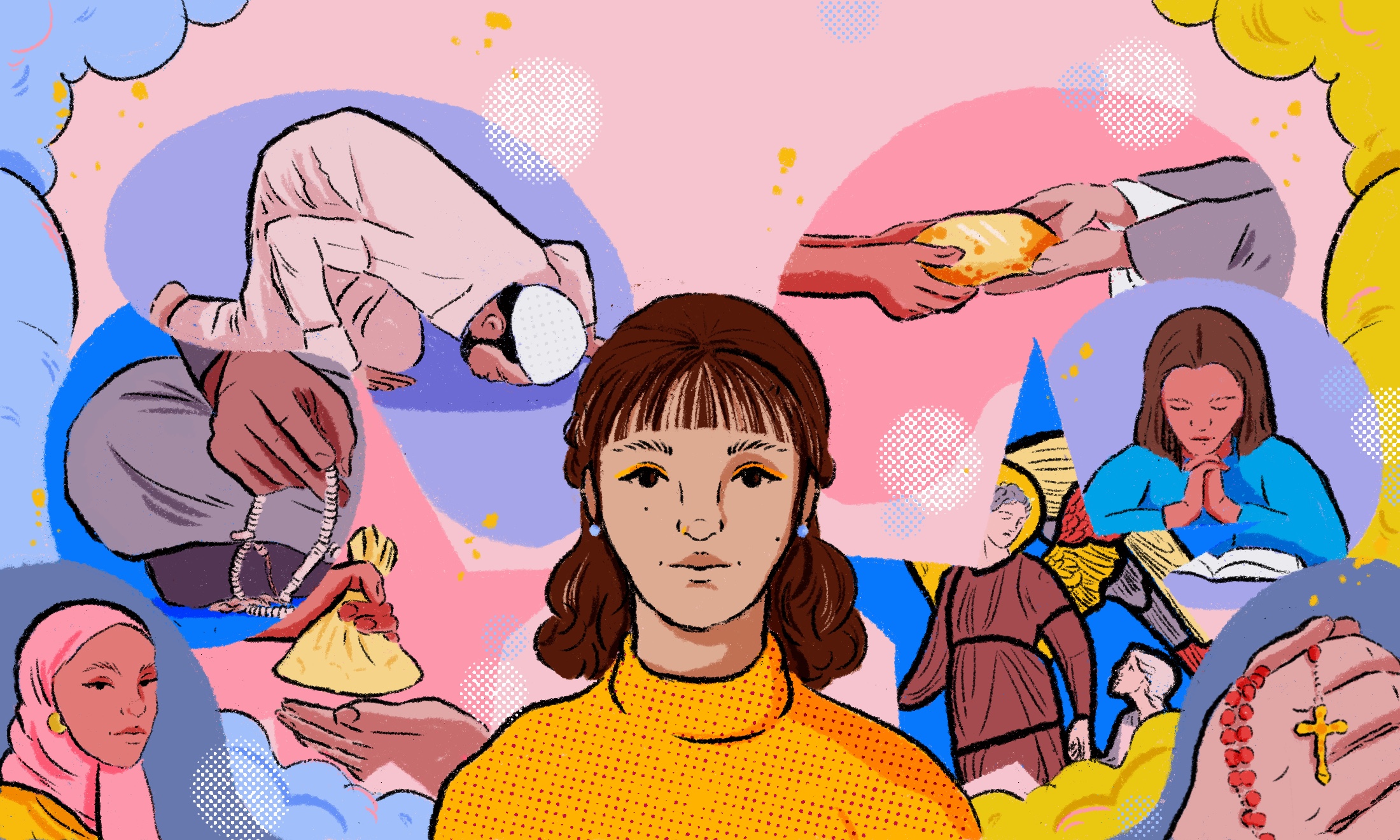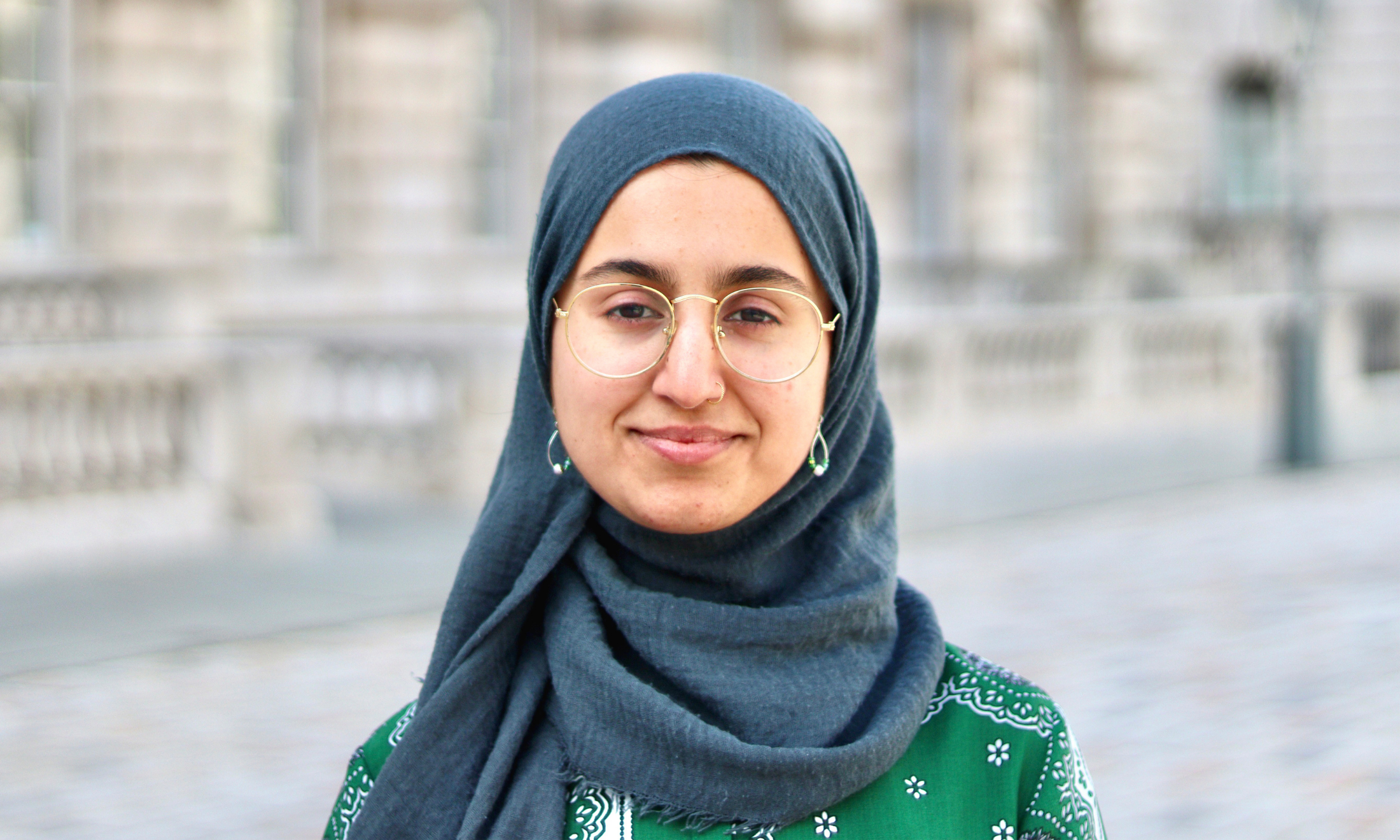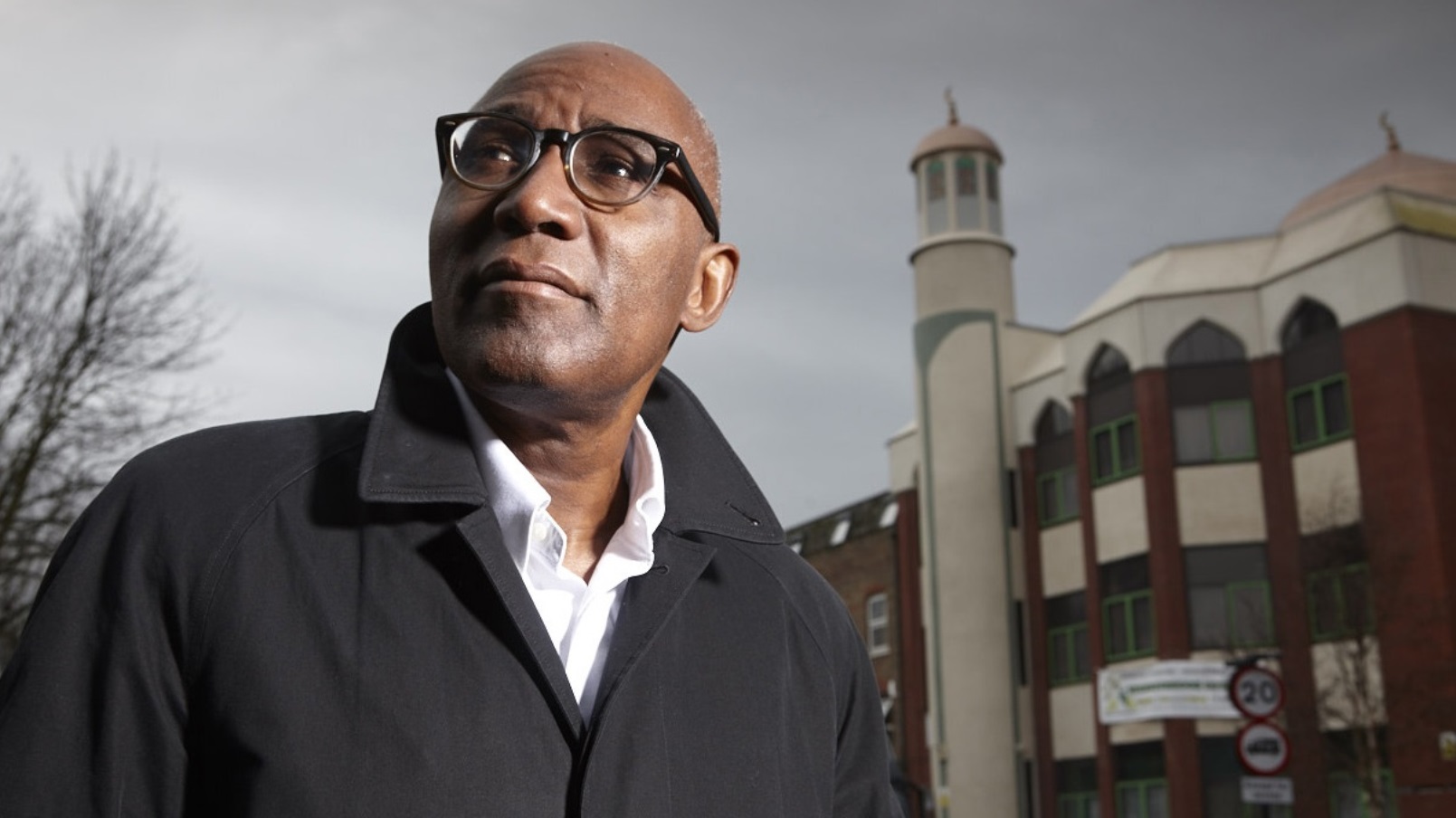
Normally, I try to avoid the mainstream media when Islam is mentioned because I never seem to be able to avoid looking at the comments (basically self-flagellation). But, this week, it was near impossible to avoid the sensationalist headlines and social media hashtags on #WhatBritishMuslimsReallyThink.
The title itself already let me know that there was going to be an issue. A poll using 1,000 Muslims living in areas with at least a 20% Muslim population is not an accurate representation of the majority of Muslims. There are a huge number of outliers that are barely addressed publicly but could be found in the actual study itself, such as levels of deprivation, whether you or your parents were born in the UK, educational level and whether you were employed.
Extremism
A statistic plucked out from the article and used as evidence in the show is that “4 per cent — that equates to about 100,000 Muslims — have ‘sympathy for people who take part in suicide bombing to fight injustice”. On first glance, this is deplorable and shocking and as the data is freely available and can be found on the Channel 4 site, I decided to have a look at it.
 If this data could be extrapolated to represent all British Muslims, why are the 1% of the non-Muslim population that sympathise with suicide bombers not held with similar suspicion? In fact, when it comes to tolerance of “radical” groups, the sampled control group is generally more tolerant of their existence than the Muslims polled.
If this data could be extrapolated to represent all British Muslims, why are the 1% of the non-Muslim population that sympathise with suicide bombers not held with similar suspicion? In fact, when it comes to tolerance of “radical” groups, the sampled control group is generally more tolerant of their existence than the Muslims polled.
 The same article argues that “Oh, and if any of them knew someone was involved in supporting terrorism in Syria, just one in three would report it to the police. The other two million, then, would keep schtum.” According to this data, this is true: 34% of Muslims polled would report this to the police but there is much more to this. (Note those polled could give multiple answers here). But the writer conveniently neglects to mention that only 30% of the control group would report this to the police immediately.
The same article argues that “Oh, and if any of them knew someone was involved in supporting terrorism in Syria, just one in three would report it to the police. The other two million, then, would keep schtum.” According to this data, this is true: 34% of Muslims polled would report this to the police but there is much more to this. (Note those polled could give multiple answers here). But the writer conveniently neglects to mention that only 30% of the control group would report this to the police immediately.
 Sharia
Sharia
This is by far the most confusing theme that could be found in the media, mainly because the word “Sharia” isn’t mentioned in the poll at ALL but it was everywhere.
The closest I came to it was the question below.
 I think it’s important to note that there was a higher level of neutrality in the Muslim group polled, but it’s also important to note that only a very small proportion of everyone polled agreed with the creation of what is essentially a state governed by sharia. There is no mention of the UK in this question so how is it possible that people were able to claim that the polled Muslims wanted to see Britain governed by sharia?
I think it’s important to note that there was a higher level of neutrality in the Muslim group polled, but it’s also important to note that only a very small proportion of everyone polled agreed with the creation of what is essentially a state governed by sharia. There is no mention of the UK in this question so how is it possible that people were able to claim that the polled Muslims wanted to see Britain governed by sharia?
LGBT+ rights
Personally, this was the one piece of data that I was really disappointed but, sadly, not shocked by.
As an LGBT+ Muslim from an evangelical Christian background, I have first-hand experience of LGBT+ phobia from members of my family due to cultural and religious values. This experience is what makes me wonder why the poll wasn’t separated into different religious groups as well as political groups. The British Social Attitudes survey in 2012 found that although the general trend is that people are more accepting of same-sex relationships, 22% of the 3,248 respondents believed that same-sex relationships were always wrong. This rose to 35% in Conservative Party voters, 29% of Labour supporters and 22% of Lib Dem and non-registered voters respectively. This shows, as most LGBT+ people would agree, that prejudice on the basis of sexual orientation is still a problem in British society even with equal civil liberties. For those that don’t believe it, ask yourself if every street in the UK would pass the “holding hands test” (hint: it wouldn’t happen).
This isn’t to say that LGBT+phobia should be or is being ignored in Muslim communities, but there is also some fantastic work being done to support and uplift LGBT+ Muslim young people, which is sadly often ignored. For example, Khakan Qureshi is a proud Gay Muslim man and founder of Birmingham South Asians LGBT which supports a diverse group of adults across the midlands and you can read more through Media Diversified.
There were a tonne of other topics I could have mentioned, I think the best thing to do is read the data and ignore the headlines. British Muslims are not a monolith, the only thing every single Muslim has in common is their religion there is a huge amount of diversity just as there is in any other group of people.
All tables are sourced from the ICM Unlimited survey prepared for Channel 4 and Juniper.

Britain’s policing was built on racism. Abolition is unavoidable

Against the binary: imagining a future of holding my chest high

How Pakistan’s Khwaja Sira and transgender communities are fearing and fighting for their futures




